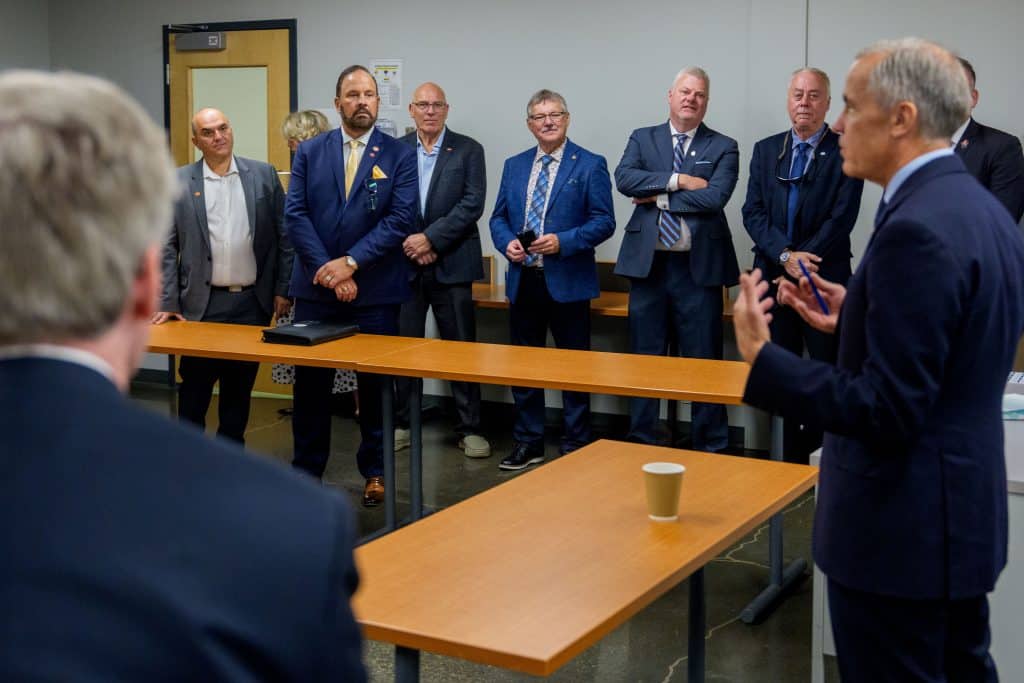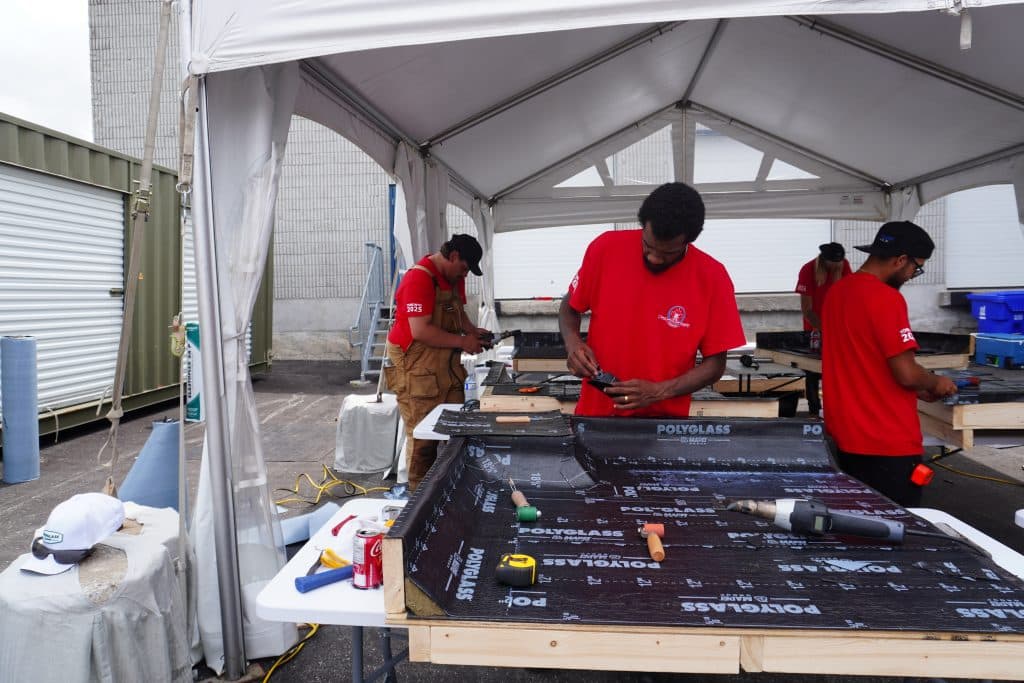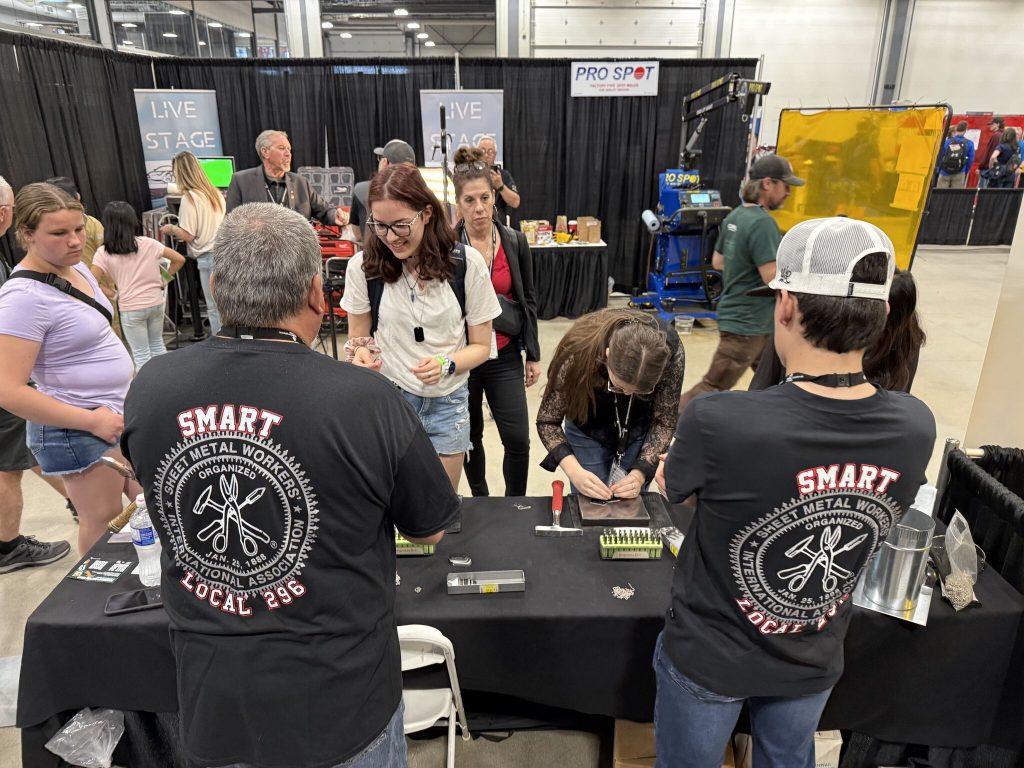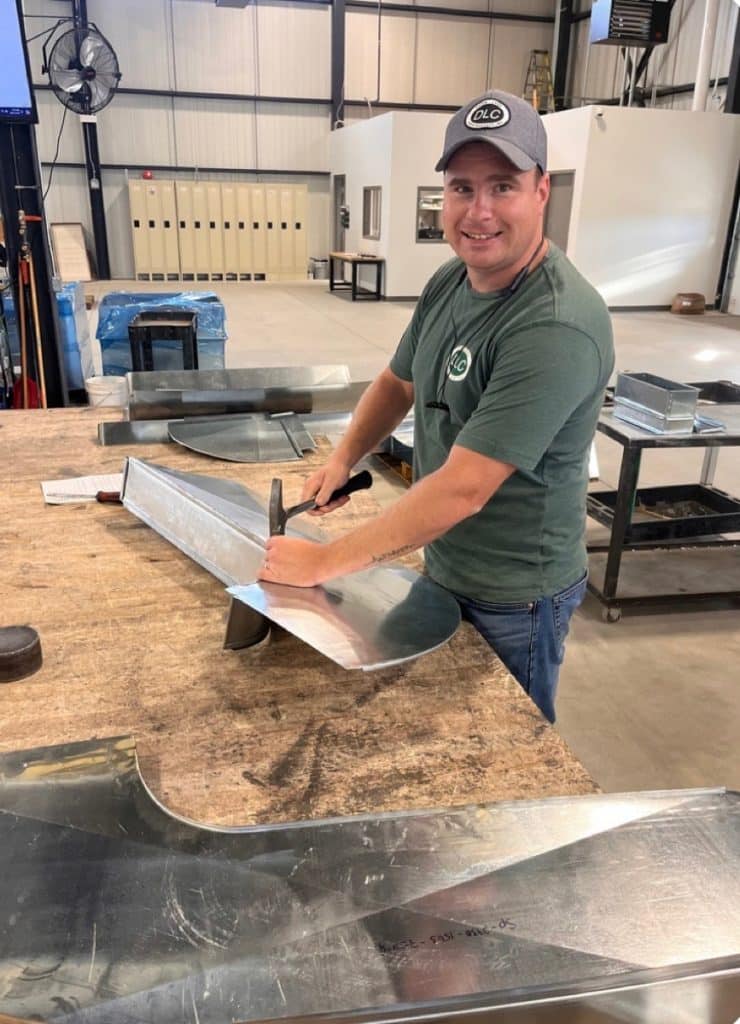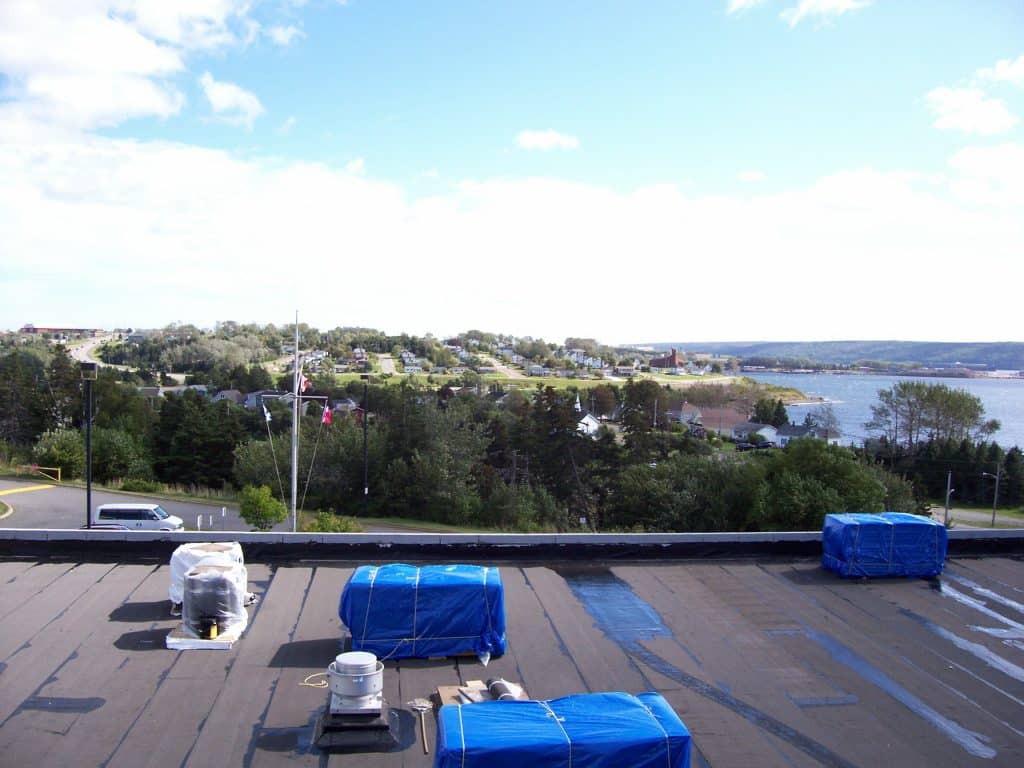Over the years, the North American workforce has changed, especially in the construction industry. In response, SMART locals across the United States and Canada have worked to build unions for all members, regardless of race, gender, place of origin, belief and beyond.
Lisa DuPuis of Local 47 (Ottawa, Ontario) is a journeyperson, executive board member and local women’s committee chair. In a recent episode of SMART News, DuPuis looked back on when she first entered the sheet metal industry and spoke proudly about how the number of sisters in the trades has grown since then.
“When I first started in the trades, it was very uncommon to see women. I think when I started, it was about six in all of Eastern Ontario or for our Local 47. Now, I believe we have over 40.”
Attending the Tradeswomen Build Nations (TWBN) conference in Washington, DC, in 2023 made this new reality even clearer for DuPuis.
“It was a huge eye-opening experience for me,” she recalled. “I didn’t realize the magnitude of how many women were in trades, how big of a movement it is.”
Marching through DC with hundreds of fellow SMART sisters reinforced what DuPuis already knew: “I’m not the only woman anymore. There’s pretty much a woman, if not more, in every different trade.”
For SMART locals, that fact is more than just something to feel good about. It is a crucial part of our union’s work to organize, grow market share and take on projects like data centers, battery plants and beyond. Signatory contractors need the workforce required to take on demanding jobs; recruiting and retaining ALL members is how SMART locals can help make that happen.
Knowing how difficult it was for women in the trades back when she first started, DuPuis helped begin the Local 47 women’s committee to foster connection for her fellow sisters.
“The whole purpose of starting the committee was to give women a chance to be able to talk, to be able to come together, to be able to approach me and other licensed journeywomen, to be able to approach us and ask us anything,” she said. “And I think that’s the whole purpose of having these women’s committees: to have a safe space where you can ask anything.”
DuPuis also credits SMART for supporting this movement. Initiatives like Belonging and Excellence for All (BE4ALL) and SMART’s participation in TWBN make her feel the power of solidarity in our union, she said.
“Every single person I have worked with has done nothing but encourage me, empower me. I’ve never felt like I couldn’t do the job. Ever.”

